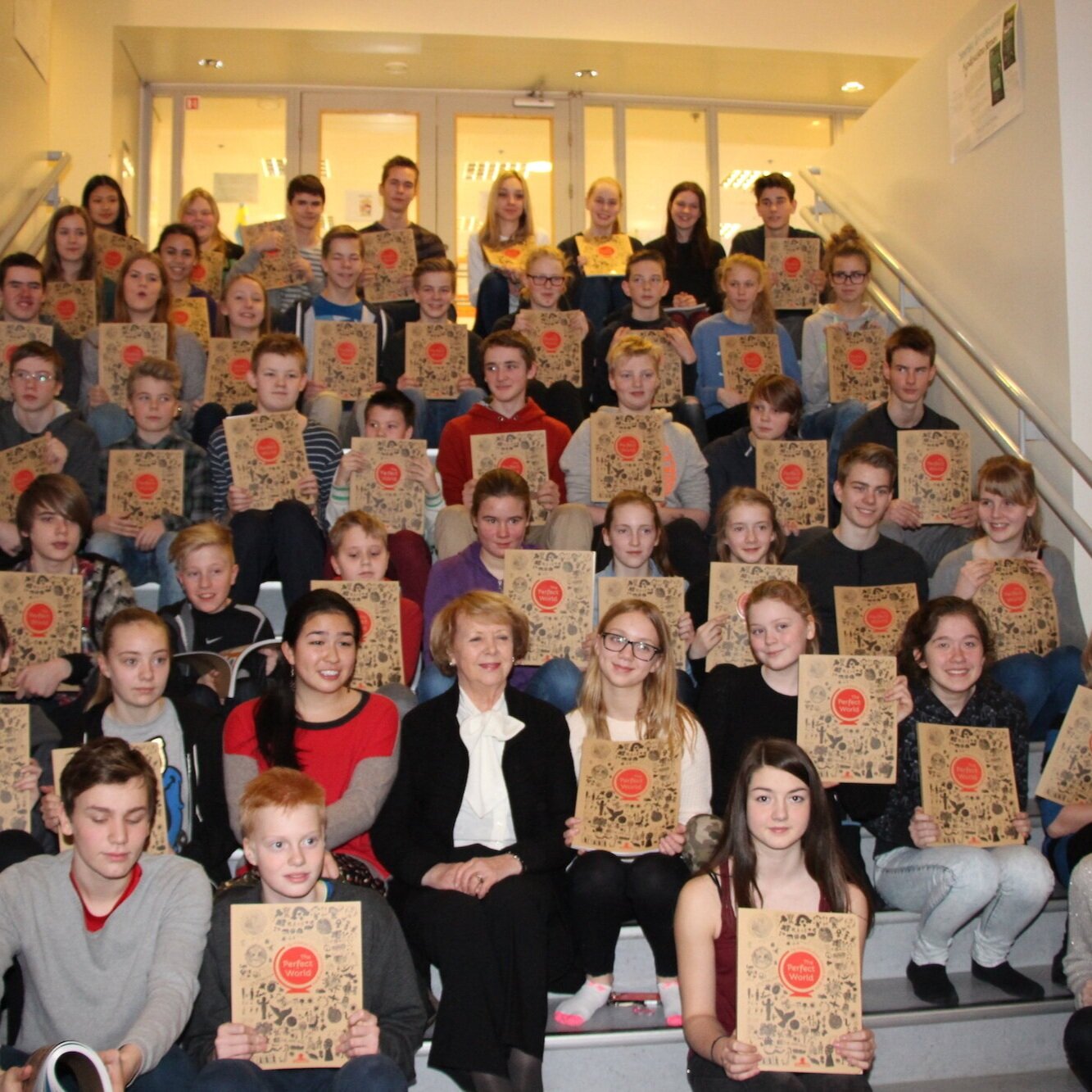Why Youth Empowerment Matters
The UN Convention of the Rights of the Child gives children and young people the right to express their views - it just isn’t happening. Research shows that young people are alienated from local communities, distant from broader society, and disconnected from decisions made for and about them.
200 million young people around the world aren’t even able to go to school.
We want to see a world where every young person is supported to figure out who they are and where they belong. A world where young people not only have a voice but a platform to speak out and be heard. A world where they realise their potential, and change things for the rest of us.




